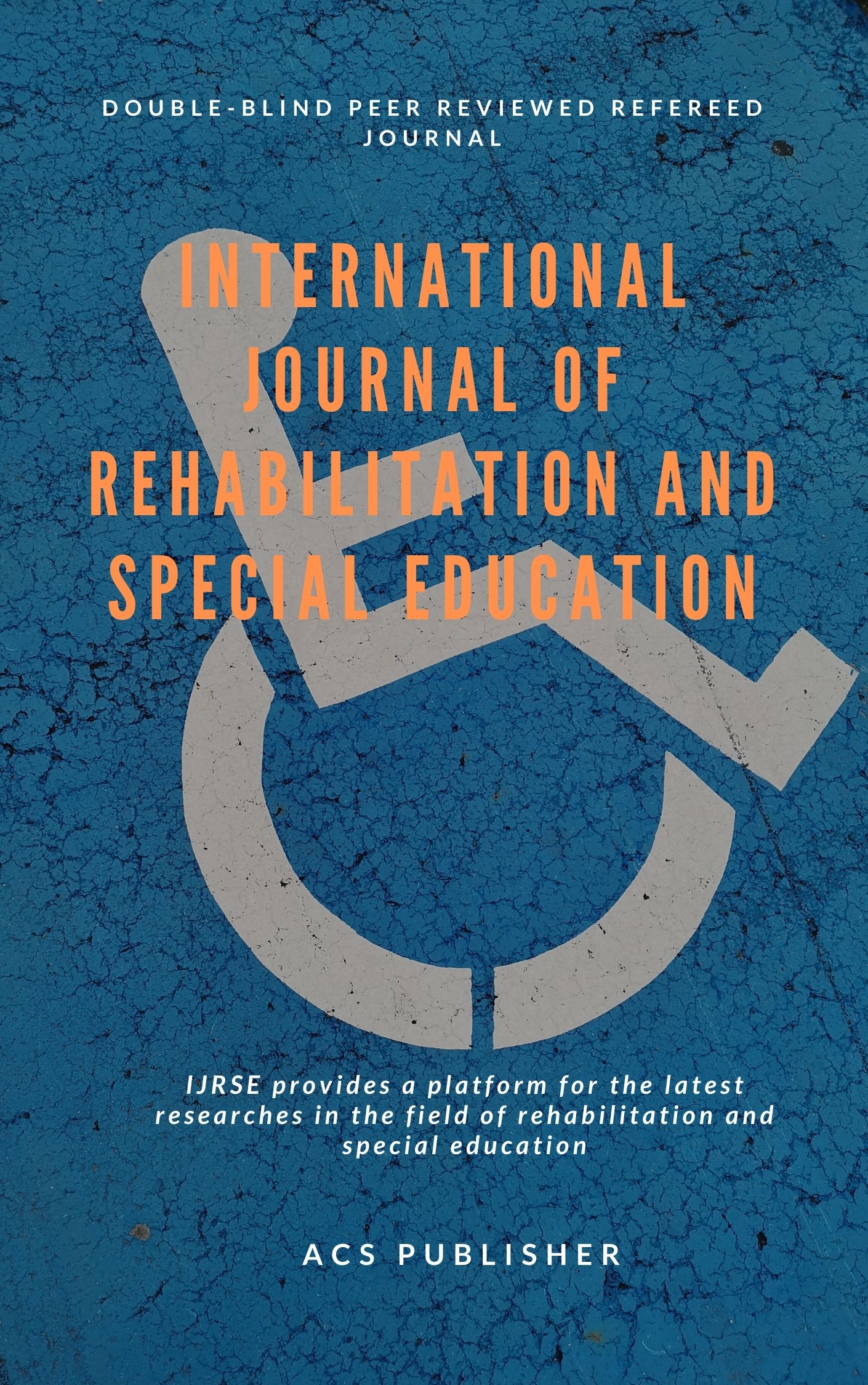Examining the negative perception on the use of Ghanaian Language as a medium of instruction in Basic schools in Ghana
DOI:
https://doi.org/10.48165/ijrse.2023.4.1.2Keywords:
Basic schools, Cultural preservation, Ghanaian language, Language barrier, Linguistic diversity, Medium of instruction, Negative perceptionAbstract
This investigation examined the negative perception surrounding the use of Ghanaian languages as a medium of instruction in basic schools across Ghana. The medium of instruction in Ghanaian basic schools has predominantly been English, inherited from the colonial era, with minimal integration of local languages. However, recent educational reforms have called for the incorporation of Ghanaian languages into the curriculum to enhance learning outcomes and promote cultural identity. The investigation adopts an exploratory approach, utilizing qualitative methods to gather data from teachers, parents, and students in selected basic schools across Ghana. The regions considered in this investigation were: Bono, Ashanti and Central. Semi-structured interviews and focus group discussions were conducted to explore stakeholders' perceptions and experiences regarding the use of Ghanaian languages as a medium of instruction. In all, one hundred (100) participants were used as population sampling in line with purpose of the investigation. It was revealed that, negative perceptions towards using Ghanaian languages as a medium of instruction in basic schools exist among various stakeholders. Some of the identified concerns include limited career opportunities for students, reduced competence in English, potential exclusion from global educational platforms, and a perceived lack of standardization and resources for Ghanaian language instruction. The study recommends a balanced approach that recognizes the importance of English as a global language while promoting the use of Ghanaian languages as a supportive medium of instruction. Vygotsky (1978) sociocultural theory underpinned this investigation. This theory emphasized the importance of social interactions, cultural tools (such as language, symbols, and artifacts), and the role of more knowledgeable individuals in supporting a learner's development. The theory proposes that cognitive development occurs through collaboration, guidance, and the internalization of cultural practices and concepts.
References
Anderson, J. (2020). The Power of Negative Perceptions: Examining the Influence on Decision-Making. London. XYZ Journal of Psychology 3(2) 44 -62.
Davidson, R. (2012). The Emotional Life of Your Brain: How Its Unique Patterns Affect the Way You Think, Feel, and Live—and How You Can Change Them. United Kingdom. Hudson Street Press.
Dewey, J. (1938). Experience and Education. USA. Simon & Schuster
Freire, P. (1968). Pedagogy of the Oppressed. United Kingdom. Continuum International Publishing Group
Fredrickson, B. (2003). Positive Emotions and Upward Spirals in Organizations. New York City. Research in Organizational Behavior.
Gibson, J. J. (1979). The Ecological Approach to Visual Perception. Boston, United States. Houghton Mifflin.
Gregory, R. (1966). Eye and Brain: The Psychology of Seeing. Oxford, United Kingdom. Oxford University Press.
Howard, G. (1983). Frames of Mind: The Theory of Multiple Intelligences. Cambridge University. Basic Books
Hume, D. (1740). A Treatise of Human Nature. London, United Kingdom. John Noon.
Ivan, I. (1971). DE schooling Society. New York City. Harper & Row
Jean, L. & Wenger, E. (1991). Situated Learning: Legitimate Peripheral Participation. Cambridge. Cambridge University Press
Lee, D. (2015). Unveiling Bias: Understanding the Roots of Negative Perceptions. Chicago. XYZ Press.
Lyubomirsky, S. (2007). The How of Happiness: A Scientific Approach to Getting the Life You Want. Paris, France. Penguin Books.
Maurice Merleau-Ponty, M. (1945). Phenomenology of Perception. Paris, France. Gallimard.
Mihaly, C. (1990). Flow: The Psychology of Optimal Experience. London. Harper and Row.
Noë, A. (2004). Action in Perception. Cambridge, United States. The MIT Press.
Reid, T. (1764). An Inquiry into the Human Mind on the Principles of Common Sense. London, United Kingdom. A. Millar.
Robinson, K. (2006). Do Schools Kill Creativity? USA. Simon & Schuster
Seligman, M. (1990). Learned Optimism: How to Change Your Mind and Your Life. United Kingdom. Vintage Books.
Shawn, A. (2010) The Happiness Advantage: The Seven Principles of Positive Psychology That Fuel Success and Performance at Work. USA. Crown Publishing Group.
Smith, J. (2018) Negative Perceptions: Understanding the Impact on Individuals and Society. New York. ABC Publishing.
Vygotsky, L. (1978). Mind in Society: The Development of Higher Psychological Processes. Cambridge, MA, USA. Harvard University Press
Downloads
Published
Issue
Section
License
Copyright (c) 2023 International Journal of Rehabilitation and Special Education (IJRSE)

This work is licensed under a Creative Commons Attribution-NonCommercial-NoDerivatives 4.0 International License.

